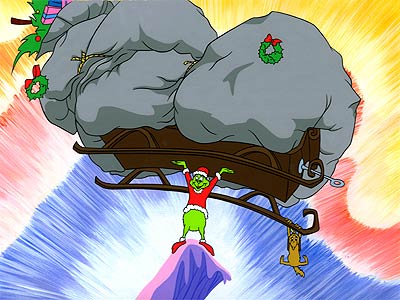Haley
In the Starting Line-Up
- Joined
- Sep 14, 2010
- Messages
- 3,352
- Reaction score
- 1,498
A decent old article on this: Proposal to change OT rules in playoff games passed by 28-4 vote
I think the statistics speak for themselves. Whether or not the new rule will make OT more fair will I'm sure be measured in a similar fashion and adjusted if required. Personally, I am glad they do look into these things.
Those statistics showed that since 1994, the team that won the overtime coin toss won the game 34.4 percent of the time on the first possession.
Overall, the team that correctly called the coin toss won overtime games 59.8 percent of the time in the last 15 years, or since kickoffs were moved back 5 yards to the 30.
I think the statistics speak for themselves. Whether or not the new rule will make OT more fair will I'm sure be measured in a similar fashion and adjusted if required. Personally, I am glad they do look into these things.



















